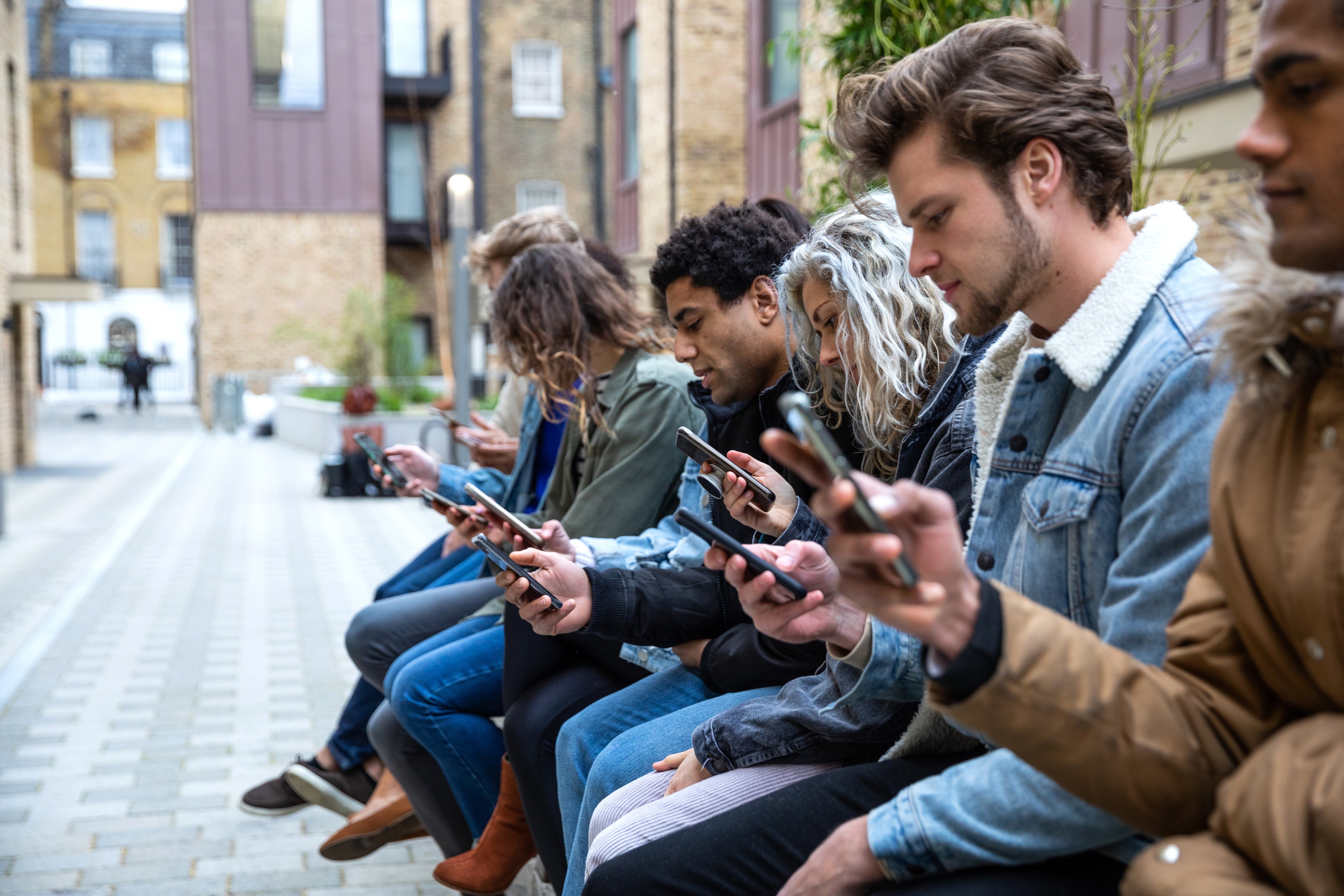
Social media overuse is hard to curb — and even harder to overcome if you truly believe you’re addicted to it, according to a new study.
The research — from academics at California Institute of Technology and University of Southern California — suggests that simply believing you’re addicted to Instagram actually makes it harder to control your use, such as scrolling, posting and reacting on the app.
For the study, scientists studied over 1,200 Instagram users and found that when daily users were reminded of the U.S. Surgeon General’s warning that social media is addictive, they reported less control over their behavior.
People who reflected on their “addiction” reported more failed attempts to cut back on their usage, blaming themselves for overuse and feeling trapped in their scrolling patterns.
Those who recognized their Instagram use as habitual, rather than addictive, didn’t experience these same negative outcomes.

It also found that the news media’s use of the phrase “social media addiction” had contributed to the misuse of it, and may have also encouraged people to believe that the term addiction is the normative descriptor for heavy social media use. It found that news coverage uses “social media addiction” 87 times more often than “social media habits.”
The study concluded that framing Instagram use in more realistic terms than addiction may “improve self-efficacy and reduce self-blame” when it comes to critiquing your relationship with the social media app.
Most excessive Instagram use should be seen as a habit rather than an addiction, the researchers suggest. On Instagram, checking the app when you are bored automatically triggers scrolling, liking, and commenting before you consciously decide to do those things, which is a habit.
However, the researchers do not suggest that social media is harmless or that excessive use isn’t worth addressing. They report that roughly two percent of Instagram users may experience concerning symptoms that deserve clinical attention and support, while 18 percent believe they are addicted.
Clinical addiction involves physical or psychological symptoms like withdrawal, life disruption and cravings. These will persist even when the substance or device stops providing pleasure.
But researchers found that a tiny fraction of Instagram users met the criteria for experiencing real addiction symptoms. The most commonly reported symptom was “salience,” with 20 percent of users saying they often or very often spent time thinking about Instagram. Symptoms like withdrawal and life disruption were rare.
Researchers highlighted that mislabeling habitual Instagram use as addiction also doesn’t point users towards a real solution for reducing their social media usage, because tackling addiction and breaking a habit require different approaches.
Tackling addiction may require psychological intervention, whereas changing a habit may involve smaller changes, like putting a time limit on your app usage or storing your phone in another room to prevent temptation.
Tips for stress-free Christmas food prep that can be started now
Planning a trip to Buckingham Palace for a Christmas Market? Think again | Debunked
The winter spice found to control blood sugar and protect brain cells
Warning for holiday travelers over flight cancellation texts that can cost thousands
Returns in this economy?! Retailers cracking down on free returns ahead of holidays
Dolly Parton shares heartfelt Thanksgiving message to her fans after health issues







